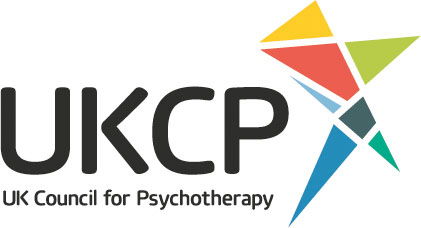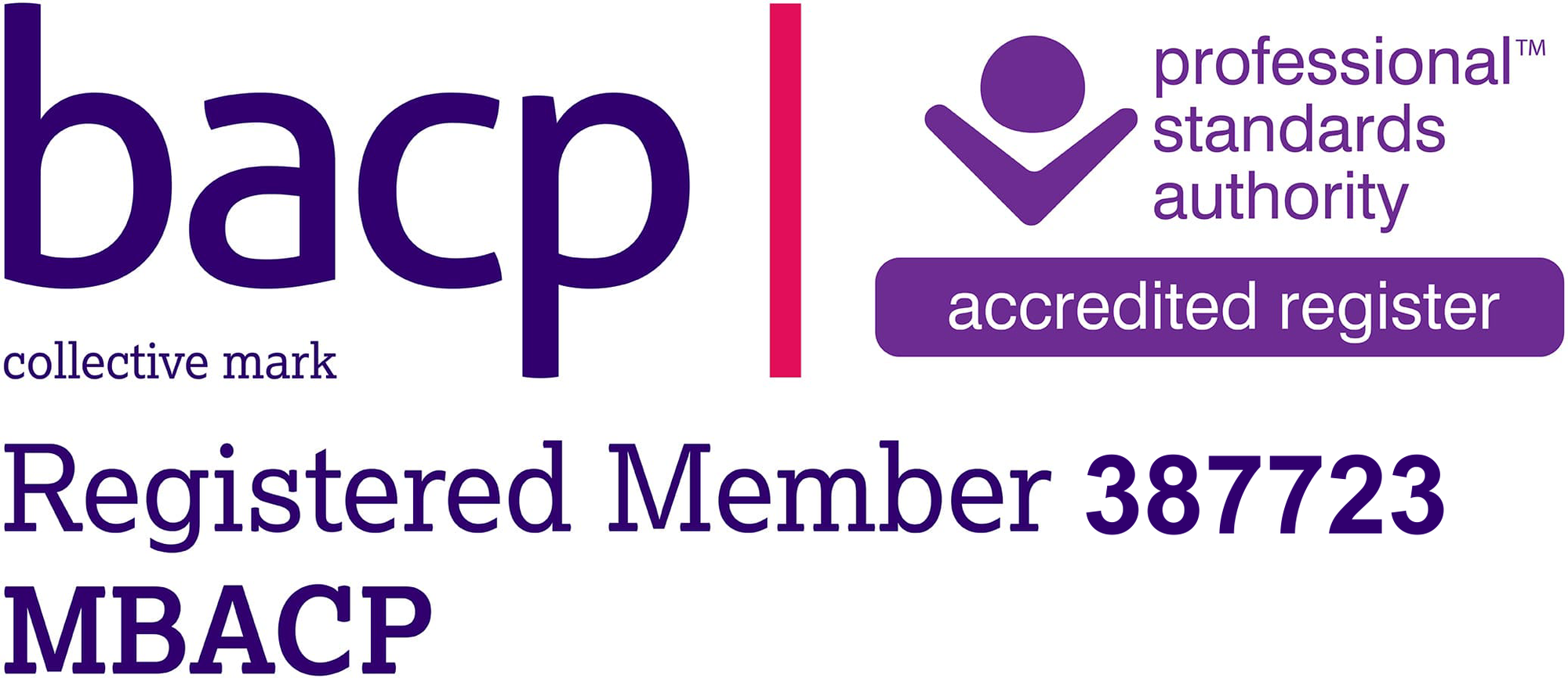Natascha Gonnermann
Counselling and Psychotherapy
Children, Young People and Adults
Welcome
I first trained as a Psychodynamic Counsellor at the BACP accredited Westminster Pastoral Foundation, before going on to train at the BACP and UKCP accredited Northern Guild as a Psychotherapeutic Counsellor with children, young people and adults and as a Psychotherapist with a child and young person specialism.
I work with people from all walks of life and backgrounds, coming to me with a diverse range of presenting issues. In addition to working in Private Practice, I have experience working in both the Public sector (primary and secondary schools and the NHS) and Voluntary sector (Charities) as well as a Therapy Centre, with clients aged 4 to 90.
I know reaching out for support can be daunting - as a child, young person or adult it is a brave step to take. I believe a safe, trusting relationship where you are treated as an individual is fundamental to bringing about healing and change and therefore work relationally, putting our relationship and your needs at the heart of the process.
Seeing a therapist offers you a safe space to work through your issues. It provides you with the opportunity to learn more about yourself, which might include learning how your past has shaped who you are now, why you feel the way you do, and the triggers for your thoughts, feelings and behaviour.
Some of the reasons people seek therapeutic support include struggles with:
Depression/low mood
Anxiety
Stress
Anger
Self-esteem
Confidence/self-belief
Divorce/separation
Loss and bereavement
Relationship issues
Trauma
All types of abuse
Gender identity/sexuality
Eating problems
Addiction
Feeling lost/confused/stuck
Physical symptoms that cannot be diagnosed
I OFFER
Drawing on models, theories and approaches specific to your issues allows me to offer a bespoke service and help you meet your individual needs and goals, encourage realising your own answers to your problems and support you realising your desired outcomes.
As an Integrative Psychotherapist, I believe that integration is at the core of the work I do, both in the way I will aim to support and encourage you to explore yourself, your thoughts, feelings and behaviour and to think about how your past may be informing your present so that you might integrate all parts of yourself in the here and now, and through the models I draw on to facilitate this.
I use the principles, values and theories of a number of approaches, including Transactional Analysis and the Humanistic, Person-Centred, Trauma-informed and Creative approaches in my work. Depending on what might be needed, I may use an approach as a stand-alone or in combination with another, for example, with a child I might use creative approaches such as sand tray, clay or drawing alongside the principles of the Person-Centred approach.
Services available
Children
Young children can struggle with understanding and managing their thoughts and feelings, particularly when they might not have the words to articulate them. Therapy can help a child make sense of sad, angry, painful or confusing thoughts and feelings that they might not be aware of, but that might be outwardly presenting in their changed behaviour or mood, for example after a bereavement. When working with a child, in order to support them in making sense of what they are experiencing, feel less distressed and become more self-aware and confident, I will enter their world through methods and activities which are meaningful to them, using interventions from sand tray, puppets, clay and painting to talking writing and music. I hold an enhanced DBS for my work with children.
Young people
Adolescence is a crucial time of developmental transition, characterised by exploration, risk-taking and social interaction, making it both a unique time of challenge but also an opportunity for positive growth and development. Therapy can help young people navigate challenges, manage life stressors and adjust to major changes. The support of a therapist can help them understand themselves better, express themselves, make better decisions and live emotionally balanced lives. All young people can benefit from therapy, not just those that might be experiencing mental health issues such as depression or anxiety. Having a confidential space to explore their thoughts and feelings can help them to learn and strengthen vital skills such as emotion regulation, communication, empathy, self-awareness, self-confidence and self-esteem.
Adults
As an adult we can be faced with unexpected challenges. These may be as a result of issues in the present, such as a bereavement or problems at work or within a relationship, or from historical difficulties such as an early traumatic experience that has now surfaced or that we no longer feel able to manage. We may feel stuck, anxious, depressed or be struggling with low self esteem or confidence. Feelings triggered can be overwhelming and make it difficult to move forward making it hard to engage in life or find joy in the things and people we once did. I have never met a person whose presenting problem hasn't been traceable or made sense and believe that through the awareness gained by exploring the thoughts, feelings and behaviour associated with it, we hold the potential to make our future what we want.
F.A.Q
How do I know you are qualified?
Being a member of UKCP demonstrates I have met their exacting standards, robust training requirements and that I abide by their ethical and professional code.

The British Association for Counselling & Psychotherapy (BACP) is a membership organisation and a registered charity that sets standards for therapeutic practice for therapists.
To become a registered member I had to graduate from a BACP accredited course and agree to their Register terms and conditions, demonstrating my continued commitment to working professionally and ethically.

For further information or to check my membership with these Professional bodies please go to:
https://www.psychotherapy.org
https://www.bacp.co.uk
What's the difference between Counselling and Psychotherapy?
Psychotherapy describes work that goes deeper. The work may focus towards more substantial life issues and problems that are having a deeper effect on the client's life. Focusing on a person's feelings and past experiences can lead to personal growth. Psychotherapy often requires a long-term approach, so the number of sessions can be open-ended.
Which option is most suitable depends on the client and the difficulties they are facing. Ultimately the most important factor is that the chosen therapist is appropriately trained and adheres to a code of ethics and professional boundaries.
What happens when I make contact?
If you decide you would like to proceed with me, my aim is to offer a first appointment, known as an initial assessment, within one to two weeks. This provides an opportunity for us to meet and talk more in depth about your presenting issues, what you need and how I might be able to help. Assuming you are happy to continue we would then agree an initial set number of sessions to take place at the same time every week, that is convenient for you and where I have availability.
If you are looking for a therapist for your child, the same procedure would be followed, except the initial assessment would be a parent assessment, attended without your child. If you decide I might be a good fit for your child the next step would be for them to attend an initial assessment, so that they might meet me and see how they feel about working with me.
How long will I need to have therapy?
Before we begin any work we will agree on goals for the work and the initial number of sessions we will undertake. At the end of that number we will review our progress, reflect on goals, work done and what might be left to do, and as long as we both agree further therapy will be of benefit to you, sessions can continue.
Will everything I say be kept confidential?
Note that there are some situations where you, or your child if applicable, may be a risk to yourself or others, and there the law requires that I notify an authority; in these cases I may not be able to keep total confidentiality. Breaking confidentiality is very rare though, and only happens after the person concerned has been informed.
Fees and availability
Please note that if you want to cancel an appointment I require 48 hours notice; otherwise you will still need to pay for any sessions missed. I accept payment in cash or by bank transfer and ask that payment is made before or at the session.
Do you offer a crisis service?
- You can call the Samaritans on 116 123 free from any phone, any time.
- You can text “SHOUT” to 85258 for free from all major UK mobile networks. You will then be connected to a volunteer for an anonymous conversation by text message.
- You can call the North Yorkshire crisis team on 08000 516171 who are open 24 hours a day.
- You can call 111, visit your local A&E Department at a Hospital or call 999 24 hours a day.
- For children and young people specifically, you can call Childline on 0800 1111 or 116 111 from any landline or mobile network, even if you have no credit on your phone. Their details will not be shown on the phone bill. You can also email them on their website www.childline.org.uk using their confidential ‘Locker’ service. They are contactable 24 hours a day, seven days a week and provide a confidential service where no problem is too big or small.
Contact
- Covering Harrogate HG1, HG2 & HG3, Ripon HG4, Knaresborough HG5, Nationally online and on the telephone.
- Daytime and evening appointments available. I work from my room located in the town centre of Harrogate and also at The Harlow on Cardale Park.
Please feel free to contact me, for a free 15 minute chat, or to arrange an appointment for an initial assessment or parent assessment. All enquiries are usually answered within 24 hours, and all contact is strictly confidential.